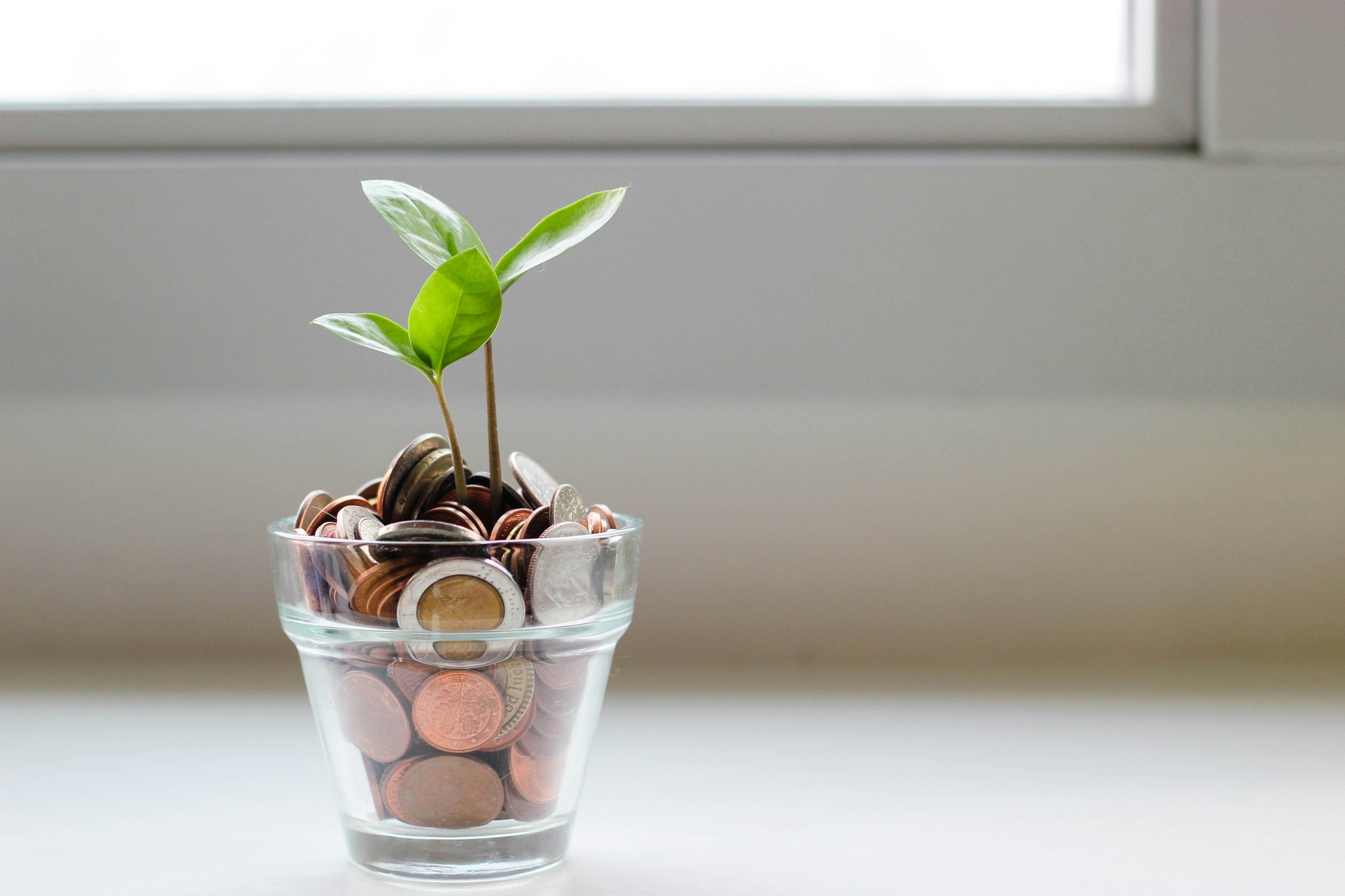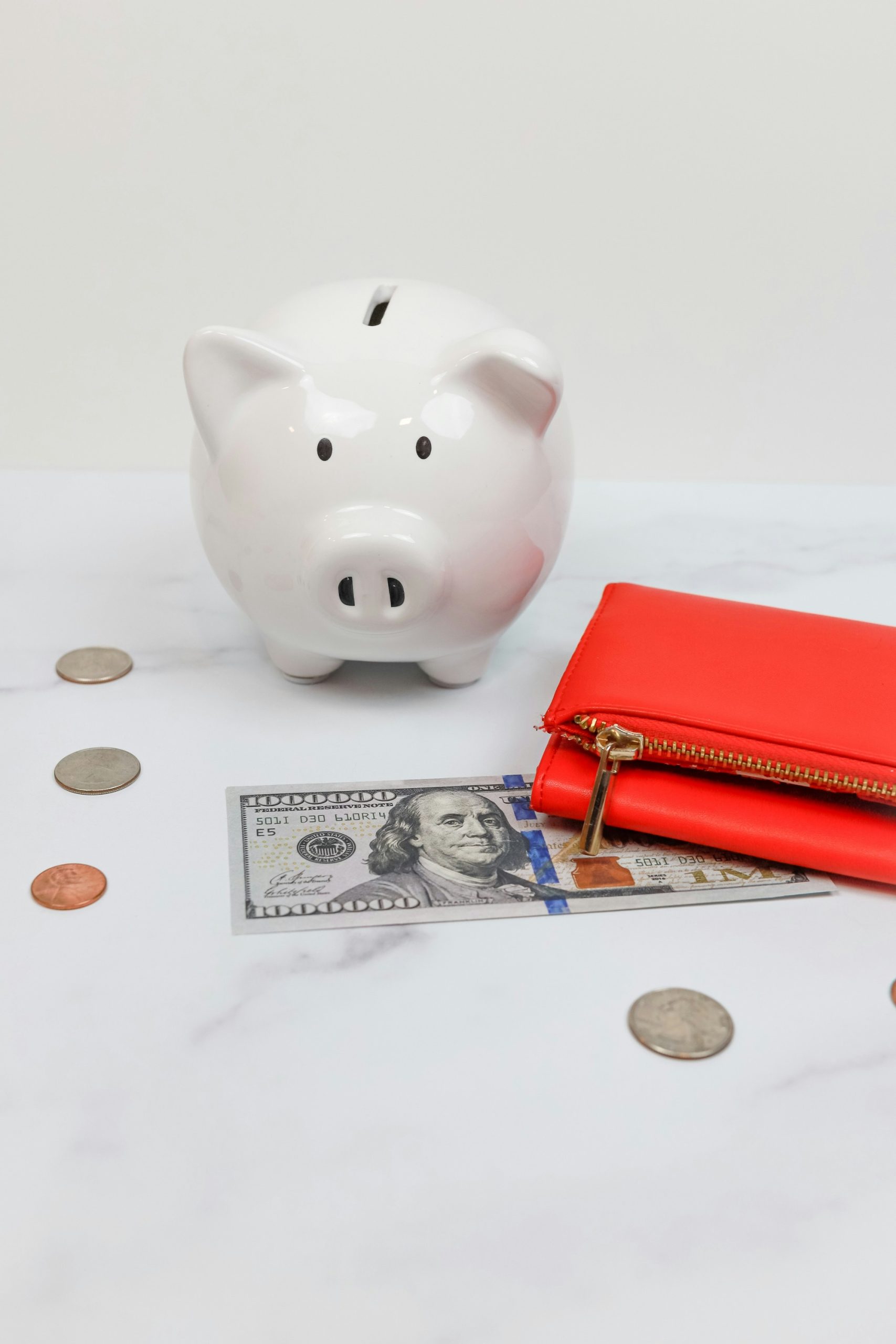
We’ve all been told that saving money is the smartest financial move you can make. Cut corners, avoid splurges, live frugally, and you’ll be rewarded later. But here’s the problem with blanket advice: it doesn’t always account for context. And sometimes, the wisest financial decision isn’t hoarding every dollar, but knowing when to spend it.
That doesn’t mean throwing your budget out the window. It means recognizing that not all spending is wasteful. In fact, the right kind of spending can save you money in the long run, improve your quality of life, and even protect your mental or physical health. The trick is knowing the difference between impulsive purchases and strategic investments.
Let’s take a closer look at a few moments where choosing to spend, rather than save, is actually the more responsible move.
When Spending Saves You from Bigger Costs Later
There are few things more frustrating than spending money on a car repair or a leaky roof, but ignoring those problems often makes them worse. Choosing to delay essential maintenance can end up costing far more than the initial fix. A $300 repair now might prevent a $3,000 disaster later. It’s not glamorous spending, but it’s smart.
The same logic applies to things like dental care, home maintenance, or even preventative health measures. Spending a little now isn’t always fun, but it beats the alternative: compounding problems that spiral into financial chaos later.
When Your Mental Health Depends on It
Mental health doesn’t show up in a budget spreadsheet, but it should. For people juggling high-stress jobs, caregiving, chronic illness, or simply the grind of modern life, investing in mental health is essential. That might mean therapy sessions, medication, or even a weekend away to decompress.
Too often, these needs get labeled as “luxuries,” especially in a culture obsessed with productivity. But burnout has a cost, too—missed work, strained relationships, and long-term emotional fatigue. Spending money to stay emotionally stable isn’t selfish. It’s survival.
When It Improves Your Daily Life (Not Just Instagram)
Not every smart spend is about emergencies. Sometimes, it’s worth paying more for something that improves your everyday quality of life. A decent mattress that helps you sleep. A work bag that doesn’t break every three months. A comfortable pair of shoes that saves your back. It’s not about showing off or chasing trends. It’s about being honest with yourself: what purchases actually make your life easier, healthier, or more sustainable? Saving money at the cost of constant discomfort is a trade-off that rarely pays off.

When You’re Buying Time
We don’t often think of time as a resource money can buy, but it is. Whether it’s paying for childcare, hiring a cleaner during a tough season, or using a grocery delivery service when you’re sick or overwhelmed, these decisions are often framed as “lazy” or unnecessary. But what you’re really buying is time, and sometimes, sanity.
This is especially true for working parents, caregivers, or anyone burning the candle at both ends. If spending a little helps you avoid burnout, get more rest, or actually have a moment to breathe, that’s not waste. It’s an investment in your well-being.
When It Helps You Make More Money
Sometimes, spending is a step toward earning. That could mean paying for a certification that boosts your job prospects, buying equipment for a side hustle, or even investing in decent clothes for interviews. These are expenses with a purpose. They open doors.
Yes, there’s risk involved. But calculated risk is different from careless spending. If the purchase has a clear path to future returns or removes a barrier between you and your goals, it’s often worth it.
When It Honors Your Values
There’s something powerful about putting your money where your values are. Maybe that means donating to a cause you believe in, shopping local instead of fast fashion, or paying more for ethically made products. While it might not be the “cheapest” choice, it aligns your spending with your beliefs, and that’s a form of wealth that isn’t always about numbers.
Values-based spending isn’t about being perfect. It’s about choosing intentionality over impulse. And when your dollars reflect what matters most to you, your purchases become part of your identity. Not just your expenses.
When It Brings You Genuine Joy
Let’s not forget the emotional side of money. Spending on joy often gets dismissed as frivolous, but joy matters. Buying a concert ticket to see your favorite band, investing in a creative hobby, or treating yourself to a birthday dinner with friends isn’t irresponsible. It’s part of being human.
Frugality shouldn’t become a cage. If you’ve planned for your bills, stayed on top of your essentials, and still have room to enjoy your life, do it. Joy isn’t just a bonus. It’s what makes all the budgeting worth it.
Have you ever felt guilty for spending when it was actually the right call? What purchases improved your life more than saving ever could?
Read More:
12 Small Ways to Save Your Way To 1 Million Dollars
Best Places to Save Your Money

Riley Jones is an Arizona native with over nine years of writing experience. From personal finance to travel to digital marketing to pop culture. When she’s not writing, she’s spending her time outside, reading, or cuddling with her two corgis.
Comments